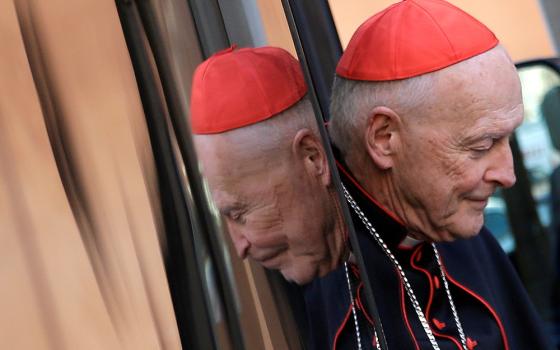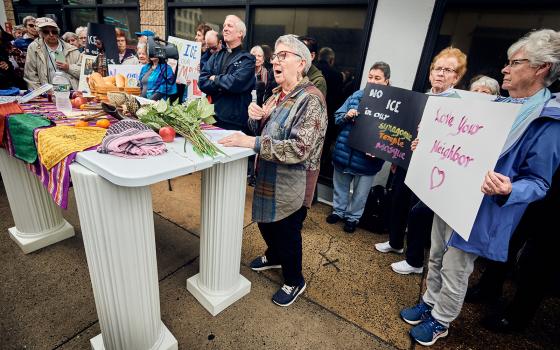As the Pew Research Center recently found, today's young people are "less likely than older generations to be affiliated with any religion." The question is whether this trend is a good thing or a bad thing.
If you are a person of faith, you may worry about the souls of these "millennials," the generation born after 1980. If you are a critic of organized religion, you may rejoice.
From a more neutral perspective, we can ask about the lasting impact on politics and democracy. After all, political movements in America have often drawn on religious movements for recruitment, leadership, financing and moral vision. That was true, for example, of abolitionism, of Prairie Populism in the 1890s, of the civil rights movement of the 1950s and '60s, and of the United Farm Workers' struggles on behalf of migrant workers.
Perhaps society can or will develop functional equivalents or replacements for churches and other congregations. Denominations have done harm as well as good, and there may be other paths to worldly justice and happiness. But equivalents will have to meet several demanding criteria.
First, replacements for religious congregations will have to solve the problem of recruitment. Congregations recruit by promising to save souls. Parents in their pews recruit their own children, starting almost from birth. Once people are in a religious denomination, they have opportunities (to varying degrees) to develop leadership skills, networks, and concern for public issues. In short, churches are not dependent on civic motivations for recruitment.
In contrast, most of today's civic and political organizations ask people specifically to work on social or political causes. Many people are not very interested in public issues, and they are unlikely to join. If religious congregations continue to weaken, we will need new methods for recruiting a wide range of people into civic life.
Second, we'll have to pay attention to pluralism and freedom of choice. Since colonial times, America has offered not one but many religious faiths, denominations within those faiths, congregations within each denomination, and small groups within each congregation. Every religious tradition offers a rich array of ideas, many in tension or even conflict with each other. Religious believers can make their own paths. In that sense, religion expands freedom.
There is a drawback to so much pluralism and choice. Sunday morning is the most segregated time of the week, not only by race but also by ideology, class and culture. Ideally, religious leaders recognize that problem and build structures to connect congregations: interfaith dialogues and broad-based religious organizing efforts, for example. These connections keep individual congregations from becoming too morally disconnected and intolerant. In other words, religious people strive to build bridges as well as walls.
Today, most other efforts to bring diverse people together are very weak, and the potential of interfaith organizing is relatively impressive. Any replacement for religious membership will have to match the moral power of religious narratives. It is always hard to keep going with civic and political work; persistence is a lot easier if you see yourself connected to a permanent community with a prophetic vision of the future.
Religions also appeal to deep moral commitments. While you do not have to be religious to be moral, being a good citizen requires commitments to other people -- and perhaps to nature -- as intrinsically valuable. Those commitments do not come from science or reason. In fact, science suggests that people are dramatically unequal and that nature is fully exploitable. So responsible people develop "faith-based" commitments. Secular equivalents must be at least as powerful.
Maybe the millennials will find or create secular equivalents to churches and other congregations. But those alternatives will have to match the depth, flexibility, long arc, and motivational force of religion. Otherwise, we may continue to see a slow withdrawal from public life.
[Peter Levine is a professor of citizenship and public affairs at Tufts University and is the director of the Center for Information and Research on Civic Learning and Engagement. His most recent book is We Are The Ones We Have Been Waiting For: The Promise of Civic Renewal in America.]


